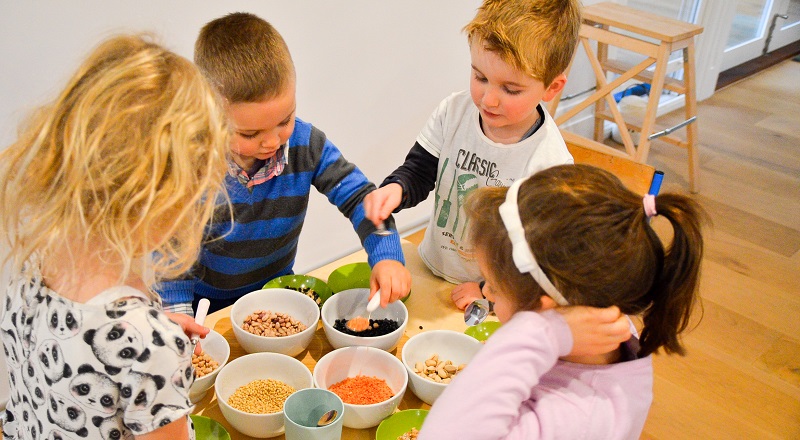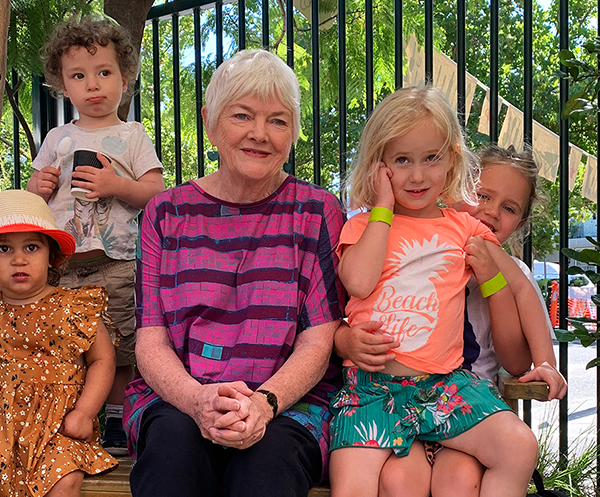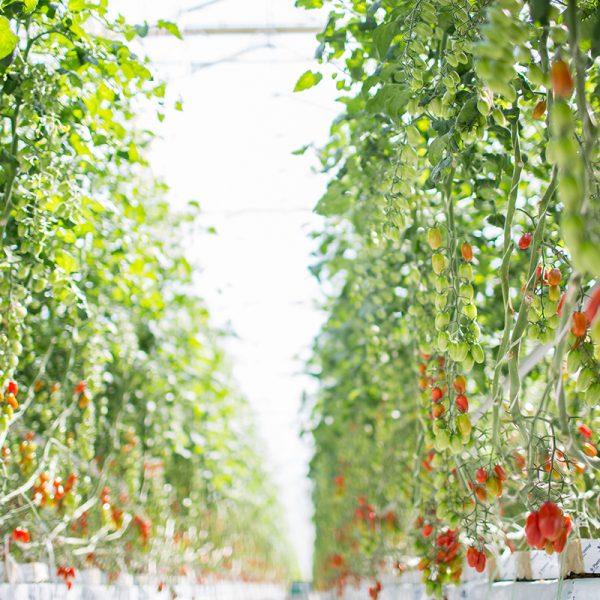SAKGF celebrates ECEC service who has innovated to overcome regulation challenges

Following the success of the 2020 launch of its early childhood specific program, the Stephanie Alexander Kitchen Garden Foundation (SAKGF) has highlighted an innovative solution for the challenge of extensive health and safety regulations which can, at times, make it challenging for participants in the program to engage with very young children to cook their own food.
Children are not able to enter permanent kitchen spaces in early childhood service, meaning educators must be creative when it comes to cooking with young children while maintaining regulations.
“As with all education spaces, early childhood services differ greatly from one to the next,” a spokesperson for the Foundation said.
While some services have the capacity for educators to prepare food with the children in their learning areas then complete the cooking process within their kitchens, other services can’t facilitate cooking experiences the same way and instead must implement a flexible, non-permanent approach that incorporates portable cooking equipment.
Here, the Foundation suggested, having a portable kitchen trolley means that food can be prepared and cooked in the learning space.
The ‘Roaming Kitchen’ at Clarendon Children’s Centre is a great example of an innovative approach to facilitating cooking experiences with young children.
Julie Lemmon, the centre cook, comes out of the kitchen and creates a full cooking experience with the children, roaming around the different rooms several times per week, offering children the chance to help her with kitchen tasks.
“We are not changing habits here, we are creating them,” Julie said.
The ‘Roaming Kitchen’ is integrated into Clarendon’s play-based learning approach—children are not forced to participate and or expected to stay for the whole experience and can come and go as they please.
The kitchen experiences involve Julie coming into the learning environments for short bursts to involve the children in different aspects of morning tea, afternoon tea, and lunch preparation.
These experiences are brief, ranging anywhere from 10 to 25 minutes long. During this time the children may quickly mash some pre-boiled potatoes, assemble sandwiches, roll out and shape pre-made gnocchi dough, or combine pasta sauce ingredients in a blender.
“We are inspired by Clarendon’s ‘Roaming Kitchen’ approach as it is a practical example of how to create a ‘flexible’ kitchen space in an early childhood setting,” a Foundation spokesperson said.
“Working without a dedicated, permanent kitchen, they are demonstrating that a kitchen garden program can easily be adapted depending on needs and resources.”
“Pleasurable food education should be a pleasure for all the participants, children and facilitators alike. Finding an approach that works for you and your unique service is the key to the success of your program,” Natasha Grogan, Early Childhood Project Officer for the SAKGF said.
SAKGF offers the Kitchen Garden Program for Early Childhood, the first of its kind for preschool aged children in Australia.
It offers educators a comprehensive package of professional development, educational resources and support. Those who are interested in how the kitchen trolley concept could work in their service, or about kitchen garden membership are invited to contact Ms Grogan on 13000 SAKGF (13000 72543) or [email protected]
Popular

Policy
Practice
Provider
Quality
NSW Government launches sweeping reforms to improve safety and transparency in early learning
2025-06-30 10:02:40
by Fiona Alston

Quality
Provider
Policy
Practice
WA approved provider fined $45,000 over bush excursion incident
2025-07-01 07:00:01
by Fiona Alston

Economics
Marketplace
Provider
The new AI powered feature making lives easier for families and service managers
2025-07-01 09:00:59
by Fiona Alston













